After several weeks of being caught on the hop by the severity of the bushfires, it appears Scott Morrison has finally found surer footing. In one of the neatest strategic and linguistic twists of his prime ministership, and with a dexterity and political cunning that has been sorely missing recently, the prime minister this week equated the vague, spurious notion of ‘emissions reductions’ with the very real concept of ‘hazard reductions’, giving both equal billing in the future environmental well-being of our nation. Actually, not even equal billing. Quite rightly, the PM’s hazard reduction plans as well as being ‘more practical’ to implement may also be monitored, with the states potentially being scrutinised by and answerable to the federal government for measurable action or lack thereof.
And about time too. For over thirty years, touchy-feely ‘eco’ beliefs that grew out of the hippy era of the late 1960s have gone unchallenged in the management of this vast and dry land of ours. At the root of this belief system is the idea that ‘bad’ human beings are responsible for the ‘destruction’ of the natural landscape and that the primary goal should be for us to leave as light a footprint upon nature as we can. In this moral/environmental framework, the less we do the more virtuous we are. Anything vaguely ‘green’ is good. Hence, the fad for building exteriors covered in plants, national parks locked up and left untouched, overgrown fire trails or even the plethora of ‘organic’ household products. Unsurprisingly, this ‘don’t disturb nature’ hysteria is also a total inversion of the once common theological view of many Christians that God gave Man the specific task of caring for as well as taking advantage of nature’s bounties.
Needless to say, the hippy dream has morphed into the climate nightmare: a new religion where disciples desire a return to pre-industrial poverty, destitution and ill health in the name of ‘saving the planet’. A religion whose zealots worship at the feet of an odd seventeen-year-old girl whose solution to the imagined ‘climate emergency’ is nothing less than the dismantling of Western capitalism.
If he is sensible, the PM will make hazard reduction the primary focus of his promised bushfire royal commission. As Neil Brown pointed out in a superb piece in last week’s magazine on the likely outcome of the royal commission, Witnesses will disparage anyone they wish and make endless speeches about the evils of climate change, how it alone has caused the bushfires and how the government is solely responsible for the whole disaster… Picture Greta Thunberg in full flight, scowling and screaming ‘How Dare You?’ and you have a good idea of what the atmosphere will be like.
With his new-found pragmatism, it is up to the PM to ensure the focus remains on hazard reduction and other strategies to reduce the fuel load in our untamed bush. For example, homeowners, farmers and landowners must be allowed to burn off or clear whatever land they feel necessary surrounding their properties to ensure their own safety without being penalised by ludicrous environmental fines (some of course due to Paris and Kyoto commitments). Money must be spent on fire trails, firebreaks, clearing of roadsides and other proven measures, including indigenous ‘cultural burning’.
Practical, solid, non-ideological policies are what the public voted for last year. Those Liberals, such as NSW Environment Minister Matt Kean and federal Liberal MP Dave Sharma among others, who have used the bushfires to push the Turnbullite renewables/climate change agenda should hang their heads in shame. Or join the Greens, which is where they belong.
Fancy $5K and dinner with John Howard?
Now in its sixth year, the Spectator Australia Thawley Essay Prize is a godsend to up-and-coming writers, or even to those who have never before dared put pen to paper. Last year’s winner, retired schoolteacher Joan McCaul, had never before had an essay published, let alone picked up a lazy $5,000 for her efforts. Yet just six months after winning the prize and enjoying a slap-up meal with John Howard and Michael Thawley among others, Joan this week has her third article proudly published in these pages.
Could it be your turn? There’s still over a month left until entries close for the 2019 Thawley Essay Prize. The theme this year is: ‘…or forever hold your peace.’ How you interpret that or what topic you write on is entirely up to you. Entries must be between 1,000 and 1,500 words long. Details at https://www.spectator.com.au/category/australia/thawley-prize/
Got something to add? Join the discussion and comment below.
Get 10 issues for just $10
Subscribe to The Spectator Australia today for the next 10 magazine issues, plus full online access, for just $10.
You might disagree with half of it, but you’ll enjoy reading all of it. Try your first month for free, then just $2 a week for the remainder of your first year.


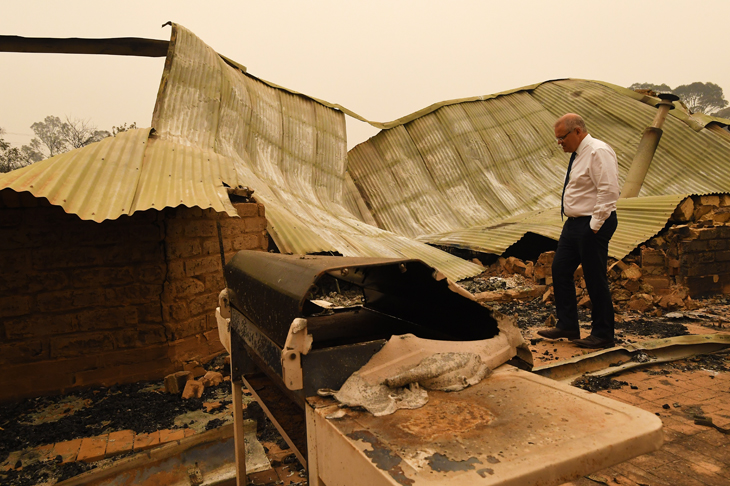
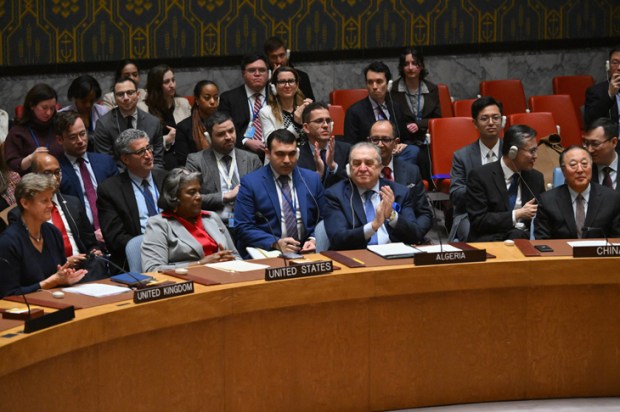
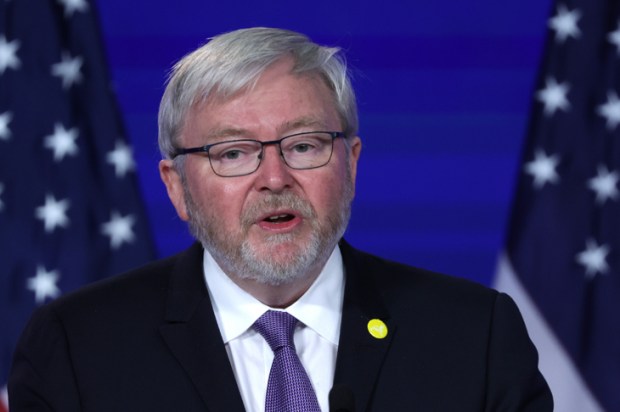
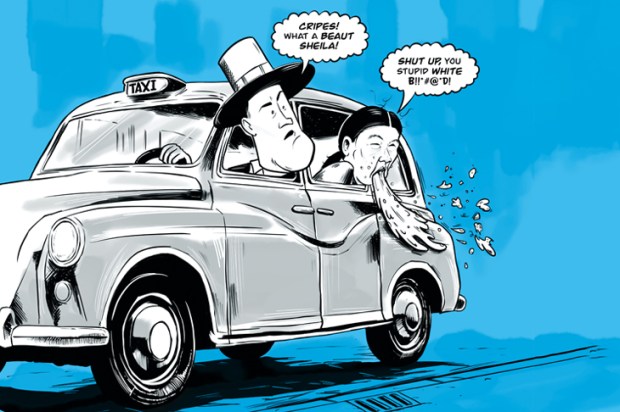
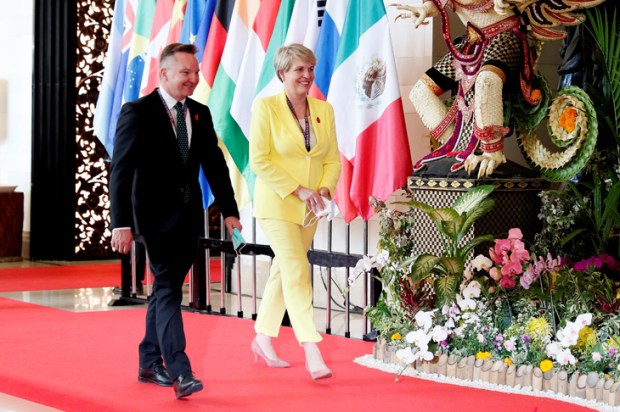
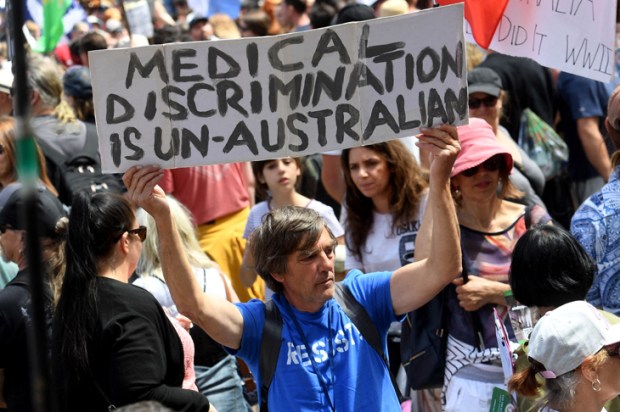
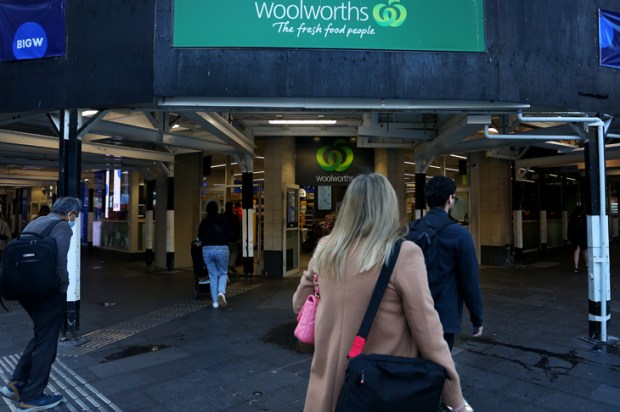






Comments
Don't miss out
Join the conversation with other Spectator Australia readers. Subscribe to leave a comment.
SUBSCRIBEAlready a subscriber? Log in